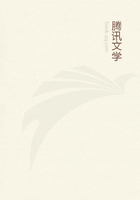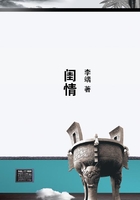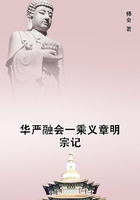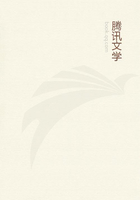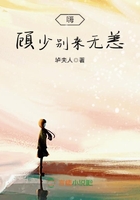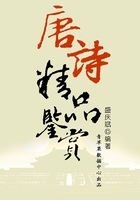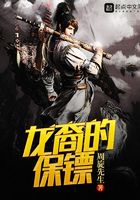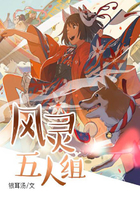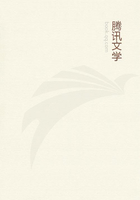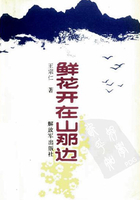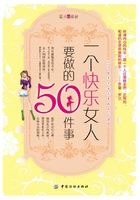The great conqueror, Jenghiz Khan, the son of sad, stern, severe Mongolia, according to an old Mongolian legend "mounted to the top of Karasu Togol and with his eyes of an eagle looked to the west and the east. In the west he saw whole seas of human blood over which floated a bloody fog that blanketed all the horizon. There he could not discern his fate. But the gods ordered him to proceed to the west, leading with him all his warriors and Mongolian tribes. To the east he saw wealthy towns, shining temples, crowds of happy people, gardens and fields of rich earth, all of which pleased the great Mongol. He said to his sons: 'There in the west I shall be fire and sword, destroyer, avenging Fate; in the east Ishall come as the merciful, great builder, bringing happiness to the people and to the land.'"Thus runs the legend. I found much of truth in it. I had passed over much of his road to the west and always identified it by the old tombs and the impertinent monuments of stone to the merciless conqueror. I saw also a part of the eastern road of the hero, over which he traveled to China. Once when we were making a trip out of Uliassutai we stopped the night in Djirgalantu. The old host of the ourton, knowing me from my previous trip to Narabanchi, welcomed us very kindly and regaled us with stories during our evening meal. Among other things he led us out of the yurta and pointed out a mountain peak brightly lighted by the full moon and recounted to us the story of one of the sons of Jenghiz, afterwards Emperor of China, Indo-China and Mongolia, who had been attracted by the beautiful scenery and grazing lands of Djirgalantu and had founded here a town. This was soon left without inhabitants, for the Mongol is a nomad who cannot live in artificial cities. The plain is his house and the world his town. For a time this town witnessed battles between the Chinese and the troops of Jenghiz Khan but afterwards it was forgotten. At present there remains only a half-ruined tower, from which in the early days the heavy rocks were hurled down upon the heads of the enemy, and the dilapidated gate of Kublai, the grandson of Jenghiz Khan. Against the greenish sky drenched with the rays of the moon stood out the jagged line of the mountains and the black silhouette of the tower with its loopholes, through which the alternate scudding clouds and light flashed.
When our party left Uliassutai, we traveled on leisurely, making thirty-five to fifty miles a day until we were within sixty miles of Zain Shabi, where I took leave of the others to go south to this place in order to keep my engagement with Colonel Kazagrandi. The sun had just risen as my single Mongol guide and I without any pack animals began to ascend the low, timbered ridges, from the top of which I caught the last glimpses of my companions disappearing down the valley. I had no idea then of the many and almost fatal dangers which I should have to pass through during this trip by myself, which was destined to prove much longer than I had anticipated. As we were crossing a small river with sandy shores, my Mongol guide told me how the Mongolians came there during the summer to wash gold, in spite of the prohibitions of the Lamas.
The manner of working the placer was very primitive but the results testified clearly to the richness of these sands. The Mongol lies flat on the ground, brushes the sand aside with a feather and keeps blowing into the little excavation so formed. From time to time he wets his finger and picks up on it a small bit of grain gold or a diminutive nugget and drops these into a little bag hanging under his chin. In such manner this primitive dredge wins about a quarter of an ounce or five dollars' worth of the yellow metal per day.
I determined to make the whole distance to Zain Shabi in a single day. At the ourtons I hurried them through the catching and saddling of the horses as fast as I could. At one of these stations about twenty-five miles from the monastery the Mongols gave me a wild horse, a big, strong white stallion. Just as I was about to mount him and had already touched my foot to the stirrup, he jumped and kicked me right on the leg which had been wounded in the Ma-chu fight. The leg soon began to swell and ache. At sunset I made out the first Russian and Chinese buildings and later the monastery at Zain. We dropped into the valley of a small stream which flowed along a mountain on whose peak were set white rocks forming the words of a Tibetan prayer. At the bottom of this mountain was a cemetery for the Lamas, that is, piles of bones and a pack of dogs. At last the monastery lay right below us, a common square surrounded with wooden fences. In the middle rose a large temple quite different from all those of western Mongolia, not in the Chinese but in the Tibetan style of architecture, a white building with perpendicular walls and regular rows of windows in black frames, with a roof of black tiles and with a most unusual damp course laid between the stone walls and the roof timbers and made of bundles of twigs from a Tibetan tree which never rots.
Another small quadrangle lay a little to the east and contained Russian buildings connected with the monastery by telephone.
"That is the house of the Living God of Zain," the Mongol explained, pointing to this smaller quadrangle. "He likes Russian customs and manners."To the north on a conical-shaped hill rose a tower that recalled the Babylonian zikkurat. It was the temple where the ancient books and manuscripts were kept and the broken ornaments and objects used in the religious ceremonies together with the robes of deceased Hutuktus preserved. A sheer cliff rose behind this museum, which it was impossible for one to climb. On the face of this were carved images of the Lamaite gods, scattered about without any special order. They were from one to two and a half metres high.
At night the monks lighted lamps before them, so that one could see these images of the gods and goddesses from far away.

